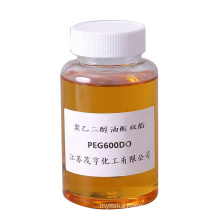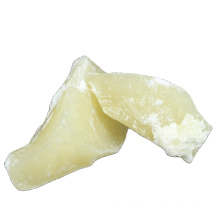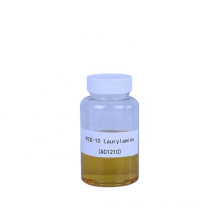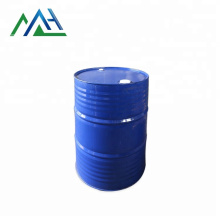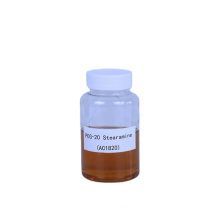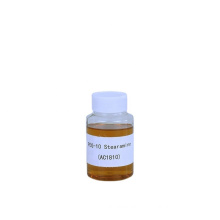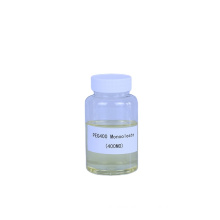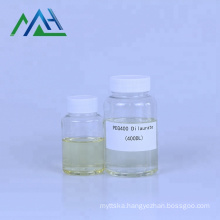New electrolyte can eliminate short-circuit problem of lithium ion battery
2021-05-02
Scientists at the U.S. Department of Energy’s Pacific Northwest National Laboratory have developed a new type of electrolyte that not only solves the problem of short-circuit ignition of lithium-ion batteries, but also significantly improves battery performance and service life. The researchers said that the discovery may lead to more powerful and practical next-generation rechargeable batteries, such as lithium sulfur, lithium air and lithium metal batteries. The related papers are published in the journal Nature Communications.
Most current rechargeable batteries are lithium ion batteries whose anodes are made of lithium or other materials and cathodes are typically made of graphite. When the battery is connected, the flow of electrons between the two poles generates current. In order to control electrons, lithium ions with a positive charge pass from the electrode to the other via the electrolyte. However, graphite has low energy storage capacity, which limits the capacity of lithium-ion batteries. In the 1970s, people developed rechargeable batteries based on lithium cathodes. Lithium was chosen because it has 10 times more energy storage than graphite. However, the problem is that this results in the growth of dendritic lithium dendrites on the microscopic side, which causes short-circuit failure of the cell. Many people have tried to solve this problem for many years.
Some scientists have used anode materials with a protective coating, while others have produced electrolyte additives. Some solutions do eliminate the dendrites but at the same time lead to a significant reduction in battery power and power. There are other solutions that can only slow down this phenomenon but cannot stop the growth of the dendrites.
The Physicist Organization Network reported on February 25 that the new electrolyte developed by the Pacific Northwest National Laboratory of the US Department of Energy will not only solve the problem of dendrites perfectly, but also help lithium-ion batteries to achieve 99% of their effectiveness. The energy density per unit area increases by more than 10 times.
Zhang Jiguang, a physicist at the Pacific Northwest National Laboratory responsible for the study, said that the capacity of rechargeable lithium-ion batteries, which are widely used today, is approaching its peak, and lithium-anode designs should be revisited. Based on previous research, Zhang Jiguang and his colleagues decided to use an imine salt containing a large amount of lithium bis(fluorosulfonyl) as the electrolyte for new batteries. In addition, they also added a substance called dimethoxyethane.
The researchers made a round test battery. New electrolytes and lithium anodes are used in the battery. As a result, it was found that the presence of a lithium anode only produced some smooth lithium junctions without a large number of fibrous dendrites. After 1000 cycles of charge and discharge, the battery was still 98.4% of the initial value, and the energy density was maintained at 4 mA per square centimeter.
This new electrolyte is very efficient and also offers a new possibility. The cathode of today's battery is essentially made of a thin sheet of metal coated with an active material such as graphite or lithium. This foil is called a current collector because it is used by our mobile phones and other electrical appliances to obtain current. The reason why it is necessary to coat the active material above is that most electrolytes have so far consumed lithium ions during the operation of the battery. But more than 99% of the efficiency of the electrolyte means that it is possible to create a cathode that has only a negative current collector and no active material. This is expected to significantly reduce the cost of production of the battery and its size, and will also significantly increase the safety of these batteries.
Researchers are evaluating various additives to further improve the performance of electrolytes and make lithium-ion batteries more than 99.9% efficient. (Wang Xiaolong)
If you want to know more about the products in New electrolyte can eliminate short-circuit problem of lithium ion battery, please click the product details to view parameters, models, pictures, prices and other information about Electrolyte Additive,Iodine Crystal Granule Crystal,Iodine Crystal,Cas 7553-56-2.
Whatever you are a group or individual, we will do our best to provide you with accurate and comprehensive message about New electrolyte can eliminate short-circuit problem of lithium ion battery!
Electrolyte Additive, Iodine Crystal Granule Crystal, Iodine Crystal, Cas 7553-56-2
Rubber Auxiliary Agent Co., Ltd. http://www.hnbatteryelectrolyte.com
